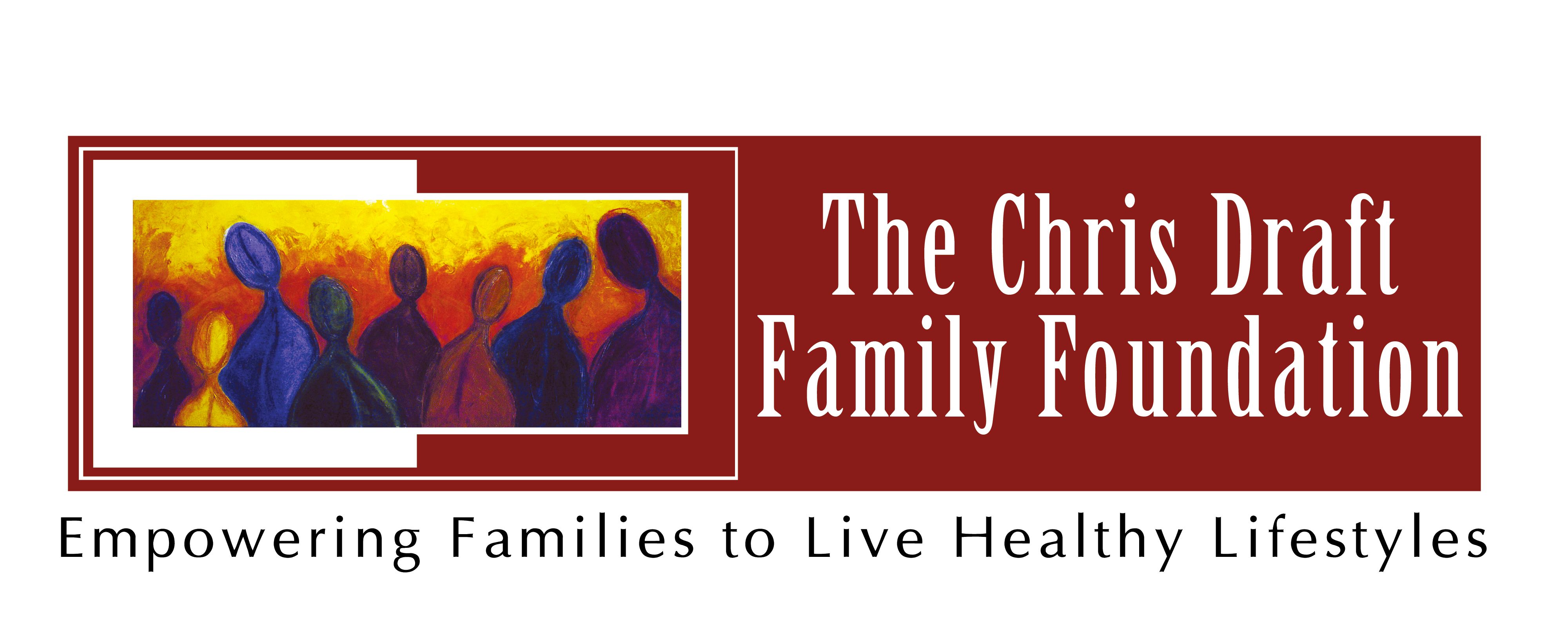
Who Should Get Screened?

Transcript:
Philippa Cheetham, MD: Carly, we’ve heard about prevention. There obviously is some value in prevention, but it’s not the only message, by any means. What are your thoughts about screening for lung cancer? Should we be screening everybody? And if not, who should we screen? Who should we focus our resources on?
Carly Ornstein: Well, screening tests are based on science and data, as they should be because screening tests have risks as well as benefits. I completely understand the gut reaction to want to screen everyone. My father is a lung cancer survivor. I lost my grandmother to lung cancer. I had my childhood home tested for radon when I started working at the American Lung Association. We had really high levels, so I’m concerned about my risk. I get it. But I do not meet the high-risk criteria for screening. That can be hard to swallow, but you have to keep in mind that we want lung cancer screening to detect lung cancer early, in those that are at high-risk, to save lives and to reduce mortality. That is the goal, and that is not going to be true for everyone.
Those that meet the high-risk criteria are over age 55, have a 30-year pack history of smoking, are current smokers, or have quit smoking within the past 15 years. If you meet those criteria, you should absolutely talk to your doctor about getting screened. I can understand that it can be frustrating if you don’t meet those criteria and you are concerned. You can talk to your doctor and say, “What do you think? Let’s discuss this.” But until we have data that show that it’s beneficial outside of the high-risk criteria, it’s not something that’s recommended.
Philippa Cheetham, MD: Just to wrap up this segment, Dr. Horn, we’ve heard some great points from Carly about those patients in high-risk categories. “Go to your doctor and discuss it.” But in reality, if a patient goes to their primary care doctor and says, “I’m concerned about the risk of lung cancer and these are the reasons I’m concerned,” do you think that he or she will get good advice about whether or not they should be screened? Do you hear lots of stories where you think, “We really could have jumped on this much sooner,” when patients end up in your office with a diagnosis of lung cancer or possibly a delayed diagnosis?
Leora Horn, MD, MSc: You often hear about the delayed diagnosis. You hear about the patient. You almost have the script before you meet them. “I had a cough. My primary care doctor gave me some antibiotics and steroids, and I didn’t get better. Then, I got another round of antibiotics and steroids and it didn’t get better.” And then, 2 or 3 months into their symptoms, they finally get that chest X-ray or that CT scan. That’s a really common story in our never-smoking patients or our younger patients. We’ve got a very active screening program. Our primary care doctors and our screening clinic are screening all of those high-risk patients. So, it depends on how that’s penetrated into the different communities, in terms of lung cancer screening. But for most of the patients that I see, they have that story of, “I had symptoms for several months before that scan was done that finally led to that diagnosis.”
Philippa Cheetham, MD: And I think that’s one of the issues, Chris. We hear so much, now, about how specialists know a lot about a little and primary care doctors know a little about a lot. It’s not just about educating people in the community. We have to educate our own profession, don’t we? We have to educate doctors, primary care doctors. And many patients that end up in urgent care don’t necessarily have a regular doctor. Do you think that’s an issue?
Chris Draft: I think it’s a huge issue. I think as we’re evolving (we talked about it before), medical oncologists are not as specific as lung doctors. It’s important to make sure that we educate them and make sure that they know what’s top-of-the-line in terms of care. But also, with primary care doctors, we need to love them. We need to care about them because they’re the frontline. When we look at diagnosis, they have to believe that it could be somebody like my wife, who’s 37 years old. They have to believe that so that they don’t delay (when they could potentially do a chest X-ray or they end up doing a CT scan). They don’t even do the chest X-ray, in most cases. My wife’s primary care doctor did. That’s how we found out she had a mass in her lung.
Now, the other part is, when we look at screening, you heard the criteria. Carly laid it out. The biggest group within that are veterans. They’re people who put their lives on the line. Yes, they smoked. But do you know why they smoked? They were being given cigarettes. They were giving them out like candy. Those people put their lives on the line for us, and we’ve got to take care of them.
Philippa Cheetham, MD: And maybe those patients are exposed to other environmental risk factors that the general population may not be exposed to? Maybe they need even better care because of the risks that they may be exposed to?
Transcript Edited for Clarity




